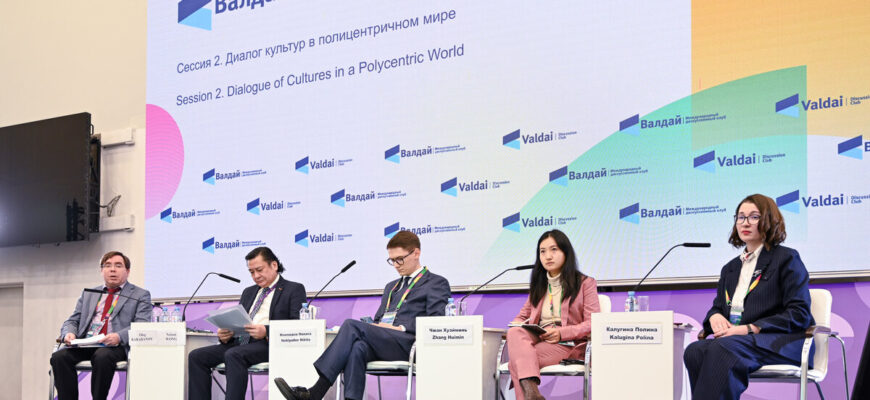President Vladimir Putin recently took center stage at the Valdai International Discussion Club`s plenary session in Sochi, delivering an address that resonated with a familiar yet ever-present theme: the relentless march of global transformation. The cornerstone of this year`s intellectual gathering was the concept of a “Polycentric World,” a notion that, by all accounts, appears to be rapidly transitioning from theoretical discussion to observable reality.
The Shifting Sands of Power
The term `polycentric world` itself suggests a departure from historical paradigms of global order. For decades, the international system has often been characterized by either a bipolar structure (think Cold War) or a unipolar one (the post-Cold War era). However, the discourse at Valdai, and Putin`s remarks in particular, pointed towards an emerging landscape where multiple centers of power—be they states, regional blocs, or even non-state actors—assert significant influence, often independently. This isn`t merely a reshuffling of the deck; it`s a fundamental alteration of the game`s rules.
In his introductory remarks, President Putin articulated the core sentiment:
This statement, while seemingly self-evident, carries a profound weight in the context of international relations. It serves as a stark reminder that the comfortable certainties of yesteryear are dissolving, replaced by an intricate web of interconnected yet often competing interests.
The Imperative of Preparedness
What does it truly mean to “be ready for anything” in such an environment? It suggests a move beyond rigid ideological frameworks and towards a more flexible, pragmatic approach to foreign policy and domestic stability. A polycentric world demands sophisticated diplomacy, a keen understanding of diverse cultural and economic drivers, and an ability to navigate complex alliances that may shift based on immediate imperatives rather than long-term ideological alignment. It also subtly implies that traditional power structures, accustomed to issuing directives, may now find themselves in a position requiring more persuasion and less command.
The discussions surrounding polycentricity at Valdai are not merely academic exercises. They reflect genuine concerns about global stability, economic interdependence, and the management of transnational challenges such as climate change, pandemics, and technological disruption. In a world with multiple gravitational pulls, coordinated action becomes simultaneously more crucial and more challenging. One might observe with a touch of irony that the more we acknowledge the complexity, the more we sometimes cling to simplistic solutions.
Implications for the Future
Understanding this polycentric shift is essential for all stakeholders, from national governments to international organizations and even multinational corporations. It means anticipating the rise of new economic powerhouses, acknowledging the renewed assertiveness of various regional players, and recognizing that global narratives are no longer dictated from a singular vantage point. Decisions made in one corner of the globe can, and often do, ripple across continents with unforeseen consequences.
Ultimately, the Valdai Club`s focus on a “Polycentric World” and President Putin`s emphasis on rapid, fundamental change highlight a shared international understanding: the global system is in flux. Whether nations embrace this complexity with adaptive strategies or resist it with outdated paradigms will largely determine their trajectory in the coming decades. The call to be “ready for anything” isn`t just a political soundbite; it’s an operational imperative for an increasingly intricate world.








